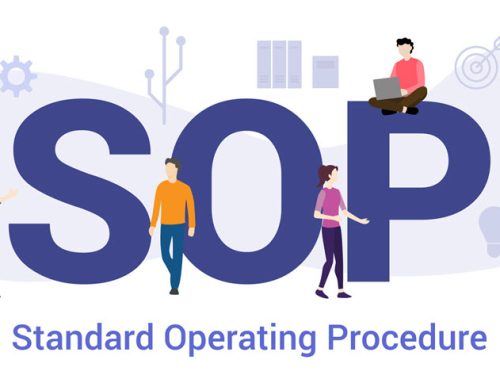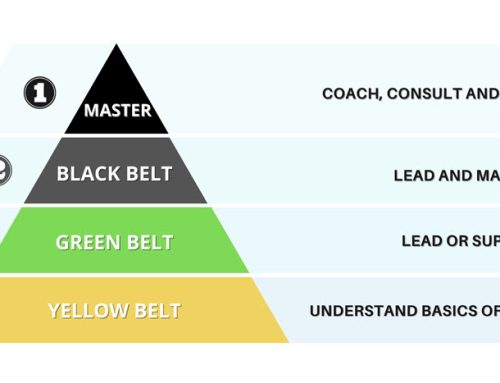In this growing competition, there is an increased demand of high quality and service on small businesses. The best way to enhance customer satisfaction is through implementation of a Quality Management System (QMS) in the industry, irrespective of its size.
The implementation of ISO 9001 for small businesses is considered to be a distress and daunting task. It is a misapprehension that it is expensive and requires more documentation, complex procedures and records.
Another assumption regarding this is that it can be implemented only for larger companies where there is a larger workforce and skilled employees. This is not true at all. Implementation of QMS is regardless of the size of company. Due to these misconceptions there is often no implementation of these standards on small scale and it is considered essential only when it is a part of contract or client’s requirement.
However, ISO 9001 can be implemented on smaller businesses as well on low cost and little maintenance and documentation is required. The recent revised version of ISO 9001 mainly focuses on its implementation for small businesses.
How to Implement ISO 9001 for Small Businesses
For improving the product quality and customer satisfaction it is necessary to effectively implement ISO 9001 standard for your business. The latest revision of ISO 9001:2015 has made many changes that are beneficial for its implementation for small industries. These are;
- No complex documentation is required for certification. The documents, records and procedures are required in the simplest format.
- The risks and challenges are required to be intrinsic to the quality management system. It is more beneficial as it requires corrective and preventive measures for risks identified.
- The owner has to undertake responsibility for the implementation of quality management system effectively.
However, implementation of ISO 9001 in Small organizations can be really challenging as there are a limited number of workers, time and resources. It is important to analyze and observe everything keenly and deeply. Therefore, monthly meetings should be held to review management of all the processes.
The main focus of ISO 9001:2015 is customer’s satisfaction. It is therefore very important to maintain the quality of products and operations.
Implementation
Certification to ISO 9001 is very important for a company to stand out from its competitors but the main purpose is to improve your quality and performance by implementing the international quality management standard and make your organization worth it. A small company implementing QMS should focus merely on these points:
- Keep it simple- the documentation should be kept simple and not too complex to handle.
- Product quality and ultimately customer’s satisfaction.
The ISO standards are implemented on small scale by following the simple PDCA cycle.
- Plan
- Do
- Check
- Act
Plan
This phase involves establishment of defined goals and objective. The goals defined should be specific and target oriented. Responsibilities should be assigned to each worker as well as resources and support should be confirmed that are necessarily requires for customer’s satisfaction and business policy.
Do
Do all the tasks according to the defined procedures.
Check
Once the processes are progressing, they should be analyzed and monitored deeply to ensure that they are working as defined and meeting the set goals. If there is any disparity identified it should be noted down for further improvement.
Act
Measure should be taken to fill such gaps as well as to enhance performance of the operation.
Conclusion
ISO 9001:2015 provides an opportunity for small businesses to demarcate themselves in front of a customer. As in this growing competition most of the small industries are getting their certifications. So this is an opportunity for them to get certified and implement it effectively. It is necessary for them to ensure that their quality and processes are compliant to the international quality standards.






